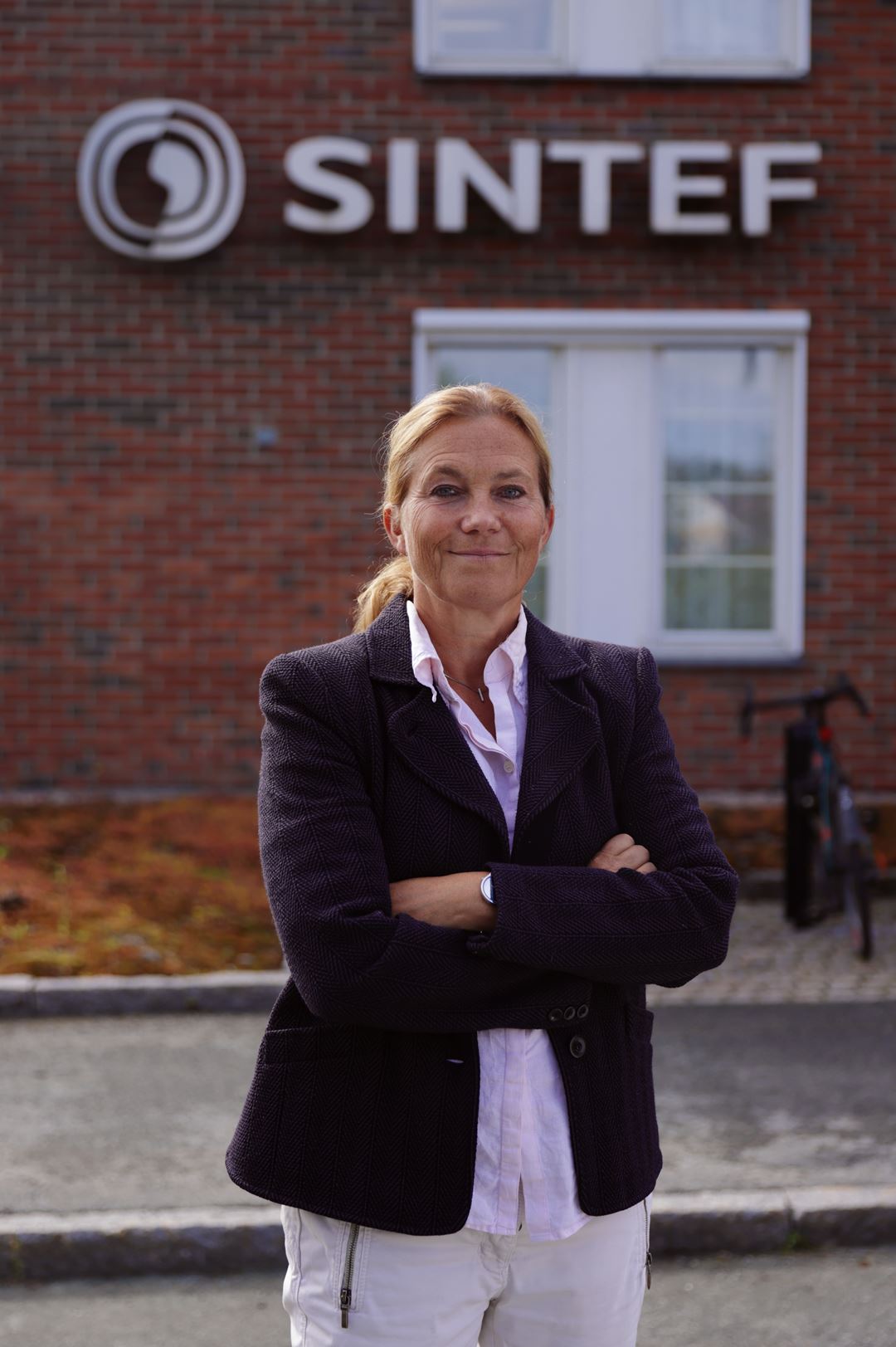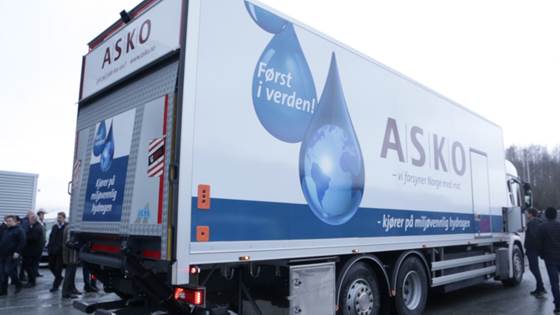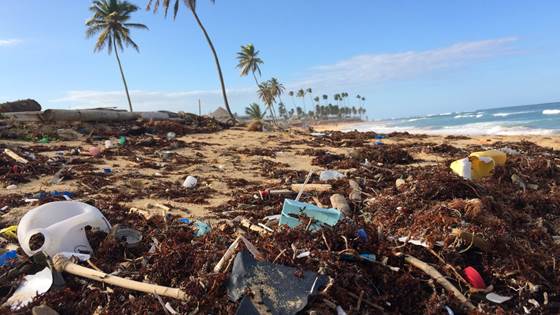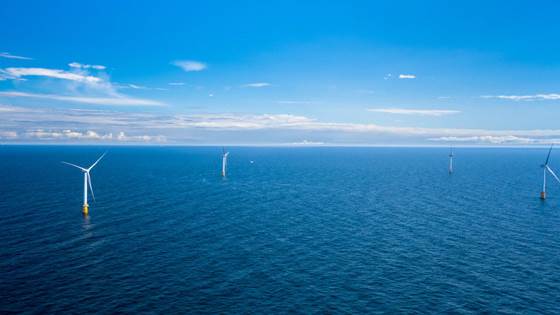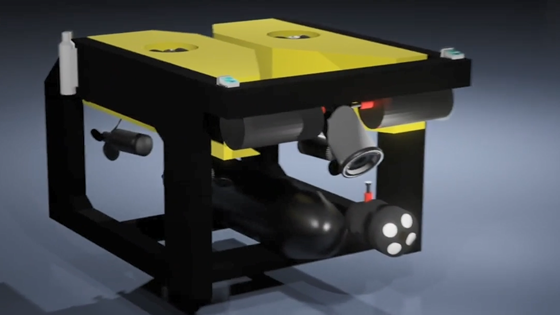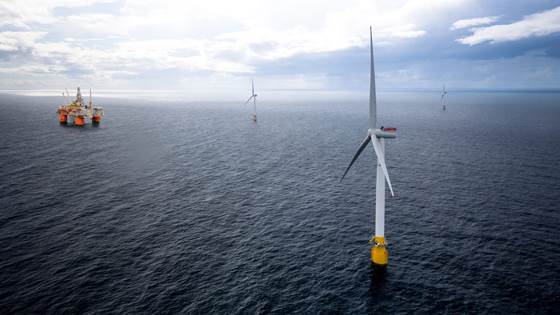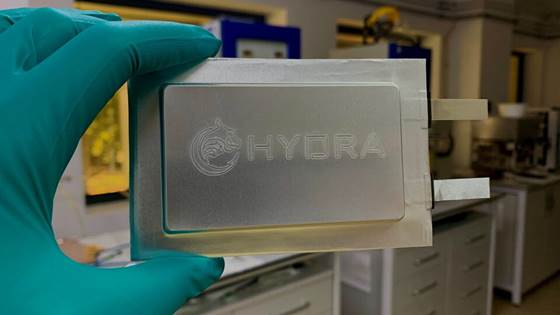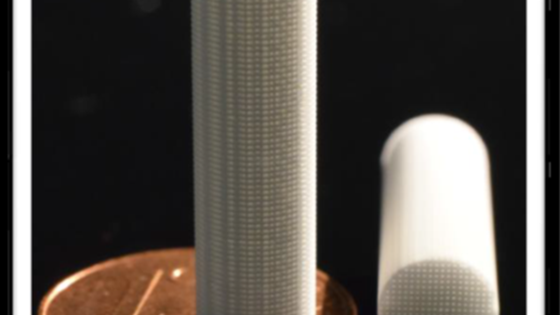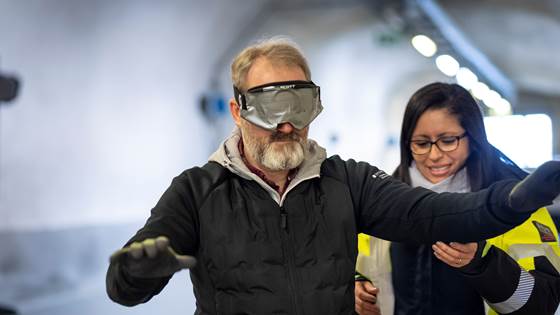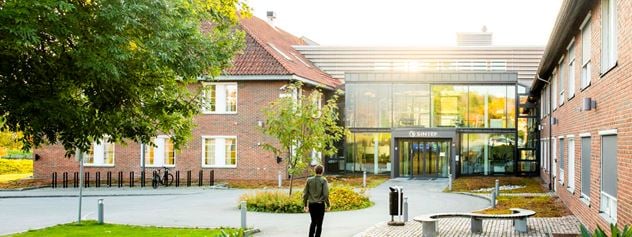The Covid crisis has affected our day-to-day lives and has had a major impact on health and economies around the world. And even as I write this report, the dramatic war in Ukraine is challenging every one of us. While Ukraine, its citizens and refugees are caught in a most difficult situation, the security of Europe as a whole is also in the balance. We are seeing serious ripple effects for supply security, not least in the energy, food and materials
sectors.
Today, as the world changes around us, we at SINTEF are experiencing a massive demand for our research and innovation. Our vision, ’Technology for a better society’, continues to be relevant to those of our clients and partners who are responding daily to challenges linked to health, energy and food security, as well as public safety. Moreover, in connection with the major underlying climate and biodiversity crises, we are seeing that our contributions are making a difference. One of our achievements in 2021 was to energetically mobilise the public and private sectors to join us and
participate in the EU’s ‘Green Deal’ and the Norwegian ‘Green Platform’. We have also established a new group-wide biodiversity initiative that is working strategically to ensure that sufficient consideration is given to the natural world as industrial and technological development progresses.
SINTEF’s more than 2,000 employees have made a great effort to deliver, and are pleased with the ways in which we have adapted to new ways of leadership and interaction, whether in our labs and workshops, in the office or at home. And in spite of the great uncertainties generated by the pandemic forced upon us in 2020, our results from 2021 bear witness to the strength of our efforts and creative will.
In partnership with our clients and the funding organisations, and aided by extraordinary basic grant funding made available to the technical-industrial institutes, ongoing innovation project (IPN) announcements, and the Green Platform, SINTEF has been able to continue to contribute to the green and digital transformation throughout the period of crisis. In 2021, our net revenues grew by 9.2 percent, and we delivered a robust operating profit of NOK 268 million (8.2 percent).
This encouraging result means that, as a foundation, SINTEF can continue to invest for the future. Activities in 2021 have included investment in laboratories for zero emission buildings and constructions in the maritime sector, a lab for Norway’s growing battery industry, and the modernisation of SINTEF’s main buildings in Forskningsveien in Oslo.
We are also investing in the development of the new Norwegian business sector, and many external investors are joining us. The Covid crisis has seen an acceleration in the emergence of commercialisation concepts at SINTEF, and we decided before the end of the year to establish yet another venture capital fund, enabling SINTEF and our co-investors to invest in start-up companies offering new, research-based products and services.
We are also working to identify new opportunities to contribute towards meeting the challenges facing wider society, and towards achieving the UN’s Sustainable Development Goals, which serve as the guiding principles for SINTEF’s activities. I myself attended the Climate Change Summit in Glasgow in November, which I found very motivating. At the summit, we launched the SINTEF Global Climate Fund, into which SINTEF is investing its own funds with the aim of conducting research to produce the new climate-positive solutions on which all 1.5-degree global warming scenarios depend. Our Global Climate Fund is working specifically to attract new partners to the fund so that together, we can create a foundation for the new and large-scale ideas that a growing market needs in order to secure a climate-positive future.


